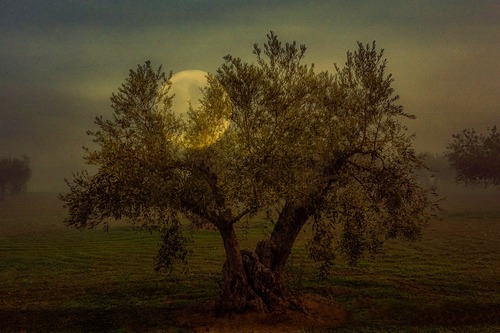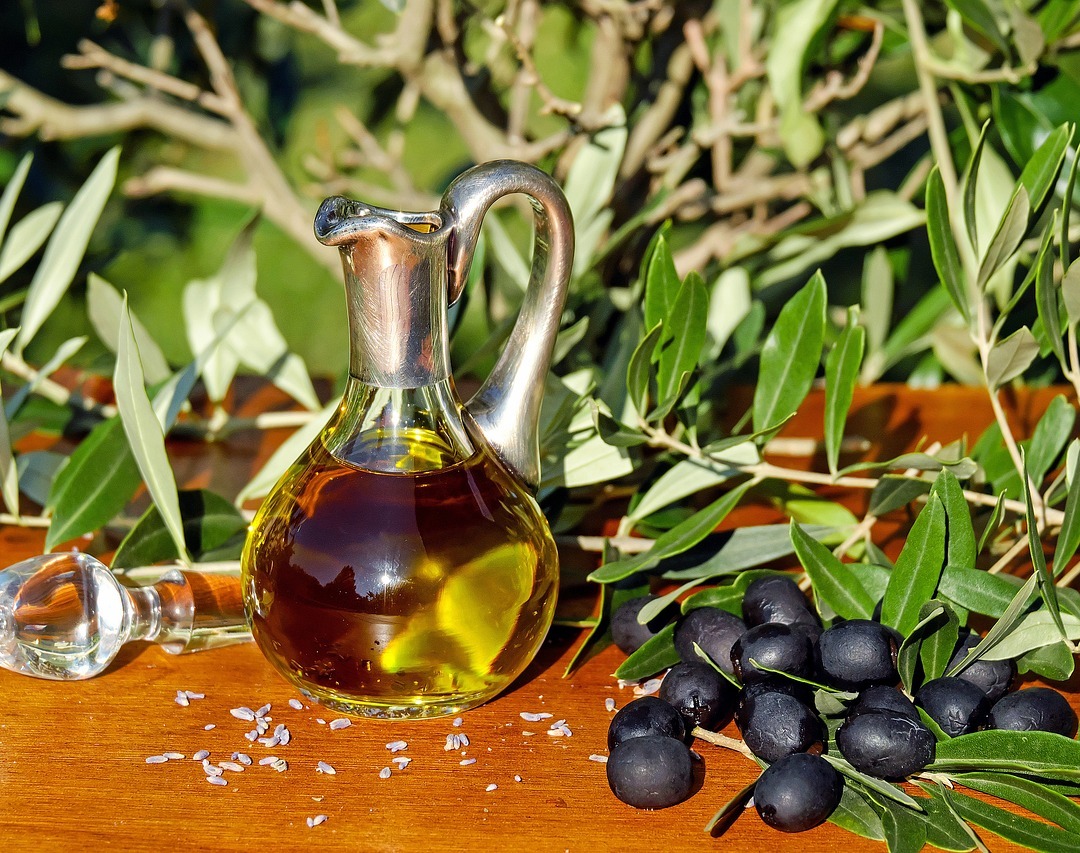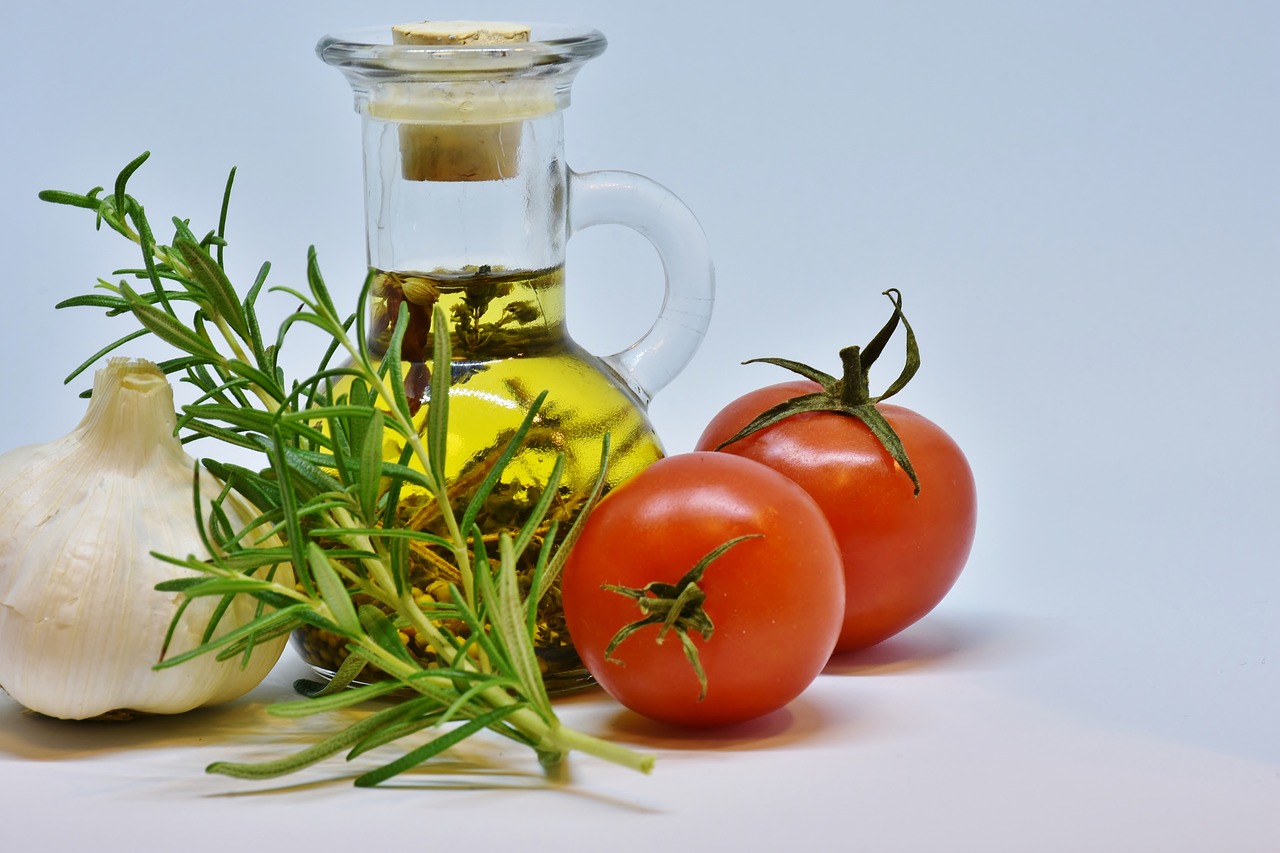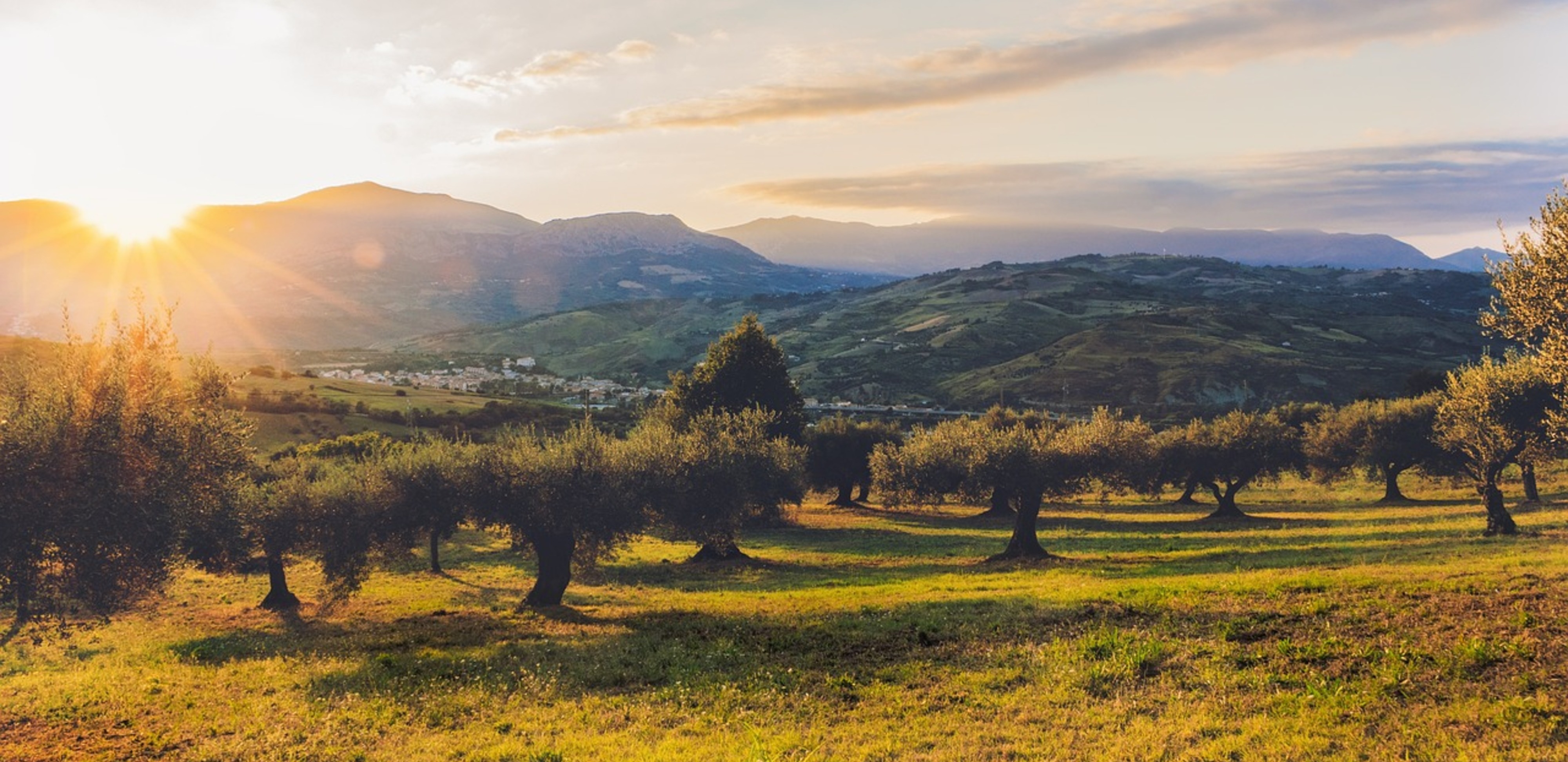Ancient Origins of Olive Oil
The first cultivation of olive trees dates back to approximately 6,000 BC in the Levant region. It is believed that they began cultivating olive trees to take advantage of their fruits and extract oil for food and medicinal use, as well as for religious purposes.
Olive oil played a prominent role in the civilizations of ancient Egypt, Phoenicia and Mesopotamia. The Egyptians used it in their religious rituals and in mummification, while the Phoenicians traded it throughout the Mediterranean.
In ancient Greece, olive oil was considered a gift from the gods. According to Greek mythology, the goddess Athena bestowed the olive tree on the Athenians as a symbol of peace and prosperity. The Romans perfected the techniques of cultivation and production of olive oil, spreading its cultivation throughout the empire. They established olive plantations throughout the Mediterranean, from Hispania (present-day Spain) to North Africa.
Since then, and despite the various changes that society has experienced until reaching the Modern Age, olive oil has continued to maintain its value both in food and medicine. In the 19th and 20th centuries, olive oil production expanded beyond the Mediterranean, reaching North America, South America, Australia and other parts of the world.
Innovations in Production
Industrialization brought about innovations in olive oil production, such as the use of hydraulic presses and centrifuges that increased the efficiency and quality of the oil. These improvements made olive oil a more globally accessible product.
In the 20th century, olive oil gained international recognition as a key component of the Mediterranean diet, an eating pattern associated with numerous health benefits, including reduced risk of cardiovascular disease. Scientific studies have highlighted the antioxidant and anti-inflammatory properties of olive oil, cementing its status as a “superfood.”
Olive Oil in Global Culture and Economy
Today, olive oil is a key ingredient in cuisine around the world, prized for its flavor, versatility, and health benefits. Major olive oil producers include Spain, Italy, Greece, and Turkey.
Extra virgin olive oil, the highest category of olive oil, is especially valued for its flavor and quality. Protected Designations of Origin (PDO) and Protected Geographical Indications (PGI) guarantee the authenticity and quality of olive oil produced in specific regions, such as Jaén olive oil in Spain or Tuscan olive oil in Italy.
Olive oil has been an integral part of human history for millennia, from ancient Mediterranean crops to its essential role in modern diet and culture. At Mantecados Gamito Hnos. S.L., we deeply value this rich tradition, using the highest quality olive oil to create products that delight palates and honor the culinary legacy of past generations, such as our Extra Virgin Olive Oil Mantecados. You can't miss it!
 Cookie preferences
Cookie preferences




